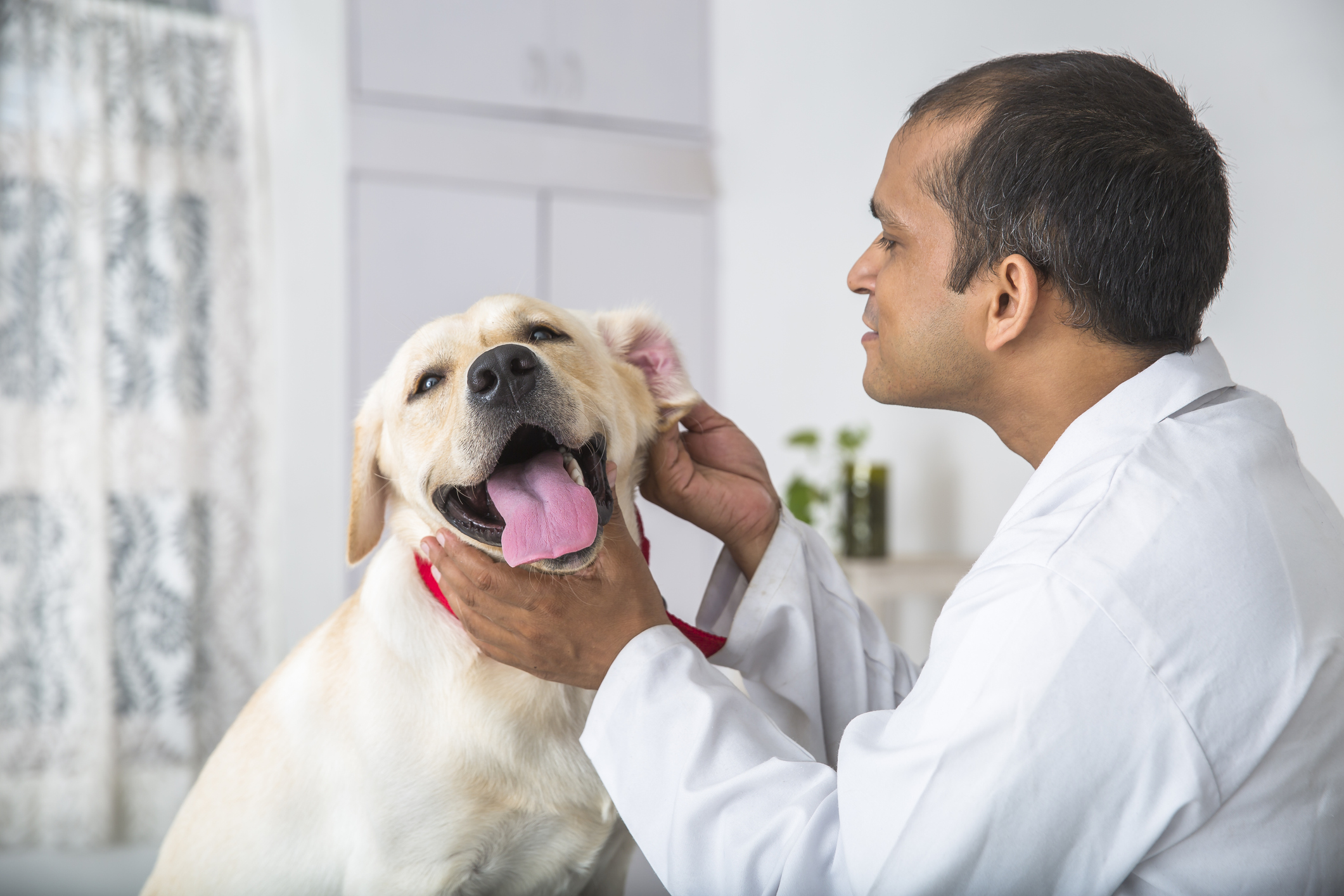Prevent Infection in Pets with Diabetes
Doctor of Veterinary Medicine

While efforts are made to answer all questions as quickly as possible, if an immediate answer is required or if your pet is in need of urgent or emergency care, contact your pet's veterinarian immediately.
Doctor of Veterinary Medicine

You will receive an answer from Dr. Lindsay and our vet/tech team as soon as possible, usually the same day.
All answers are provided for informational or educational purposes only, and are intended to be a supplement to, and not a substitute for, the expertise and professional judgment of your pet's veterinarian.
It may be necessary to consult your pet's veterinarian regarding the applicability of any opinions or recommendations with respect to your pet's symptoms or medical condition.
CloseDoctor of Veterinary Medicine

An error has occurred, please reload the page and try again.
CloseDoctor of Veterinary Medicine

While efforts are made to answer all questions as quickly as possible, if an immediate answer is required or if your pet is in need of urgent or emergency care, contact your pet's veterinarian immediately.
There is no answer related to your question

When your pet has diabetes, it can become harder for their body to fight off infection-causing fungi and bacteria. Infections can in turn make their diabetes harder to manage.
In honor of Diabetes Awareness Month, learn why pets with diabetes become more susceptible to infections and how to mitigate their risk of complications.
How Diabetes Increases Risk of Infection
Uncontrolled diabetes can strain just about every part of the body, making your pet more vulnerable to infection in a number of ways.
High blood glucose can cause damage to the nerves and blood vessels. This can make it harder for the body to transport oxygen, nutrients, white blood cells needed to fight infection and stimulate wound healing. High blood sugar can also impair the function of white blood cells so they respond more slowly.
That means your pet may be more likely to develop an infection, and it may take longer for them to recover.
Urinary tract infections and dental infections are more common in pets with diabetes. Your pet may also be at increased risk of ear infections, skin infections, and respiratory tract infections that can be recurring or persistent.
Why Diabetic Pets Get Urinary Tract Infections
Urinary tract infections (UTIs) are one of the most common types of infection both in pets with and without diabetes.
Usually, a UTI is caused by e.coli bacteria, which is found in the intestines, when bacteria enters the urethra. UTIs are more common in female animals, which have a shorter, wider urethra than males.
In healthy animals, the cells that make up the bladder lining produce proteins that bind to bacteria. Often, the bladder can flush out bacteria through the urine before an infection can start.
Pets with uncontrolled diabetes produce large amounts of dilute urine. Low concentrations of infection-fighting compounds can make the bladder more susceptible to infection.
High blood glucose can also put a strain on the kidneys, leading to increased glucose in the urine. Glucose feeds UTI-causing bacteria in the urinary tract, creating a breeding ground for infection.
Dental Infections in Pets with Diabetes
Over 80% of dogs and cats, including those without diabetes, will have some form of dental disease by three years of age. In pets with diabetes, elevated blood glucose, slow wound healing, and a weakened immune response can lead to dental issues like periodontal disease.
Pets with diabetes are also prone to reduced saliva production or dry mouth, which can prevent saliva from flushing away oral bacteria before an infection can start.
How To Prevent Infection In Pets with Diabetes
For pets with diabetes, prevention of infection is key. Those with uncontrolled, high blood sugar are at greater risk of infections, so your priority should be closely monitoring your pet’s glucose and administering medications as prescribed.
- Monitor your pet’s blood sugar with an at-home glucose monitor like AlphaTrak.
- Maintain dental hygiene with daily brushing, a dental water additive, and regular dental appointments as recommended by your veterinarian.
- Administer antibiotics as prescribed and do not stop until medication is finished.
- Keep cats indoors and avoid dog parks and boarding facilities to reduce your pet’s risk of developing non-healing wounds and transmitting infections from other animals.
- Give a bladder health supplement to prevent UTIs if approved by your veterinarian.
- Have urine samples tested to monitor for UTIs, which can be asymptomatic.
- Monitor for signs of infection that can include fever, inflammation, discharge, odors, and redness.
If your pet develops signs of an infection, see your veterinarian as soon as possible. Infections can spread quickly in diabetic pets, potentially leading to life-threatening complications.
 Swipe
Swipe


















